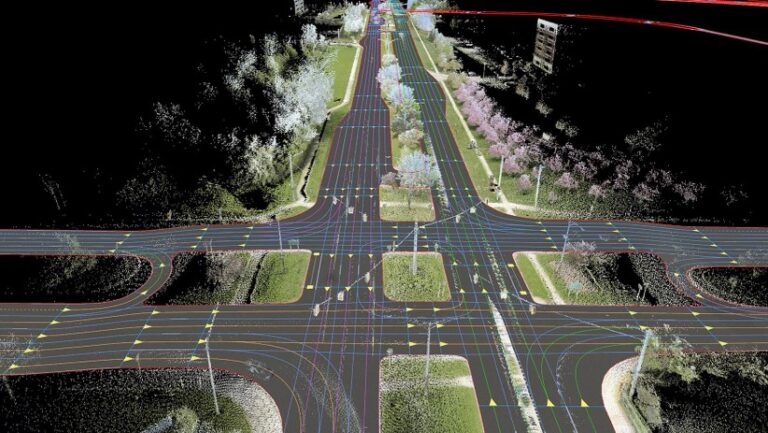– By David Brown –
In July, Fleet Auto News published an article about a suggestion to implement a direct road user charge which would directly tax each vehicle on the distance, the route and the time of day they travelled.
The impetus at this time for this was a concern about the impending loss of revenue from fuel taxes because vehicles are becoming more efficient and the development of alternative energy sources such as electric and hydrogen cars will reduce the tax haul.
But governments have another motive for charging vehicle travel more directly. It is to try and control the number and type of trips people make. Rather than cater for increased vehicle numbers by building more roads they can try to reduce the demand.
Many transport advocates talk about changing travel behaviour in terms of private drivers but the impact on fleets and fleet management could be significant.
The most often quoted example is to set a higher rate of tax for travelling in the peak period when congestion is at its worst. The theory is that some people will choose to change the timing of their trip to the off-peak period or catch public transport.
The reality is that there are many reasons for travelling and a private person driving to work in the peak period is not as big a part of the transport task as most people think. Nonetheless if this could be reduced, it could have a positive impact on those using the road for other purposes such as delivering freight and to conduct business.
The Singapore and London congestion charges are examples of trying to discourage traffic as much as raising revenue.
Business interests need to make sure they express their needs for a good transport system as part of a vibrant economy and any changes should be aware of these needs.. Being heavy handed against road traffic will have many impacts other than reducing what some see as the decadent joy of private motoring.
With modern technology, the potential to target trips is greatly increased. Instead of just having a cordon charge around the CBD, we could set different rates for travelling in the peak period, for travelling through local areas, or for travelling at what might be considered anti-social times of the day.
Currently we place a financial burden, a toll, on vehicles using the roads that we actually want them to use. The whole community would rather a truck use a motorway instead of travelling through local streets but we inflict a cost penalty for doing this. A road user charge for each road could remove this paradox. In fact some might recommend that using the local road should have a higher charge than the toll-way.
The other intended impact is that people and businesses will plan their trips more carefully. We have lived through a time when you just hopped in the car whenever you felt like it, often making several trips when you could have combined the purposes with a bit of planning. Some government authorities have implemented “Travel Smart” programs where people are helped to rationalise their travel patterns and this has resulted in reduced household car travel by up to 16%.
There is huge public resistance to implementing a road user charge as people fear governments will use this as an opportunity to gouge more money from the motorist.
Professor David Hensher from the University of Sydney’s Institute of Transport and Logistics Studies (ITLS) says that to get a new charging mechanism implemented, it must be seen as being fair. He has calculated that if you halved registration charges and introduced a five cent per kilometre charge only in the peak period, then almost every driver would be better off financially (as would state Treasury, though the federal government would lose out on some fuel excise due to reduced distance travelled by cars). He believes that this would result in a 6 per cent drop in peak traffic (similar to traffic drop during school holidays).
Professor Michiel Bliemer, also from ITLS, recommends that the system be kept simple so that people can understand it and don’t feel they are being conned. An interview with Professor Bliemer can be heard by going to http://sydney.edu.au/business/itls and click on “podcast”.
In the United States a number of local jurisdictions have implemented trial road user charge schemes with one low rate across all roads at all times of the day.
If a road user charge is introduced, the impact on businesses will be that the specific operating costs for each trip will become more apparent and so a more systematic control of fleet activities for individual cars as well as freight vehicles, will be beneficial.






